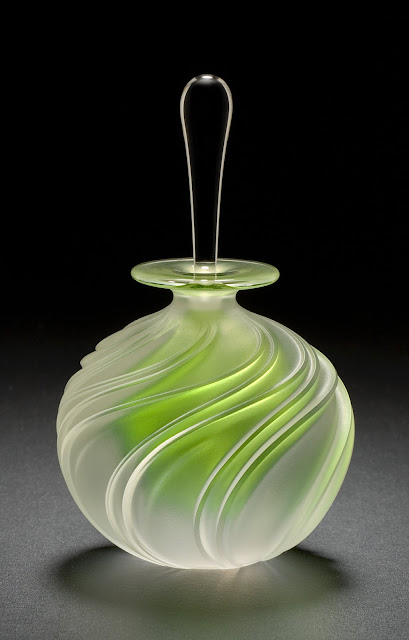PERFUME TERMINOLOGIES AND WHAT THEY MEAN
Perfumes and colognes are scents that men and women
wear to enhance their beauty or even attract a potential mate. They can lift a
mood, evoke fond memories, or just simply help you smell really good. You know
that there are some people that they just always smell really good, like the
smell become a second skin and a signature.
In fact, wearable scents have become a
multi-billion-dollar-per-year business. However, how will you know you are
choosing the right perfume or an authentic one? Not to worry, these are some of
the questions this post will answer and provide you with some perfume
terminologies.
Absolutes
Pure, natural extracts and oils from flowers and
other vegetable materials. Very expensive for a small amount. Example: pure
rose oil.
Eau de CologneEau de Cologne is three to five percent oil in a mixture of alcohol and water.
It tends to be lighter and refreshing, typically with a citrus oil component.
Eau de ToiletteIt contains about the same amount of perfume oil or a little more with and can
be between four and eight percent than Eau de Cologne, It is mixed with alcohol
instead of water.
Eau de ParfumThis type has a higher percentage of perfume oil which can roughly be between 15
to 18 percentages. Eau de Perfum is mixed with alcohol and that makes more
expensive than the other two.
Perfume on the other hand is what most of us call
it, it is 15 to 30 percent perfume oil mixed with alcohol. Because it contains
such a high percentage of perfume oil, it is far more expensive than Eau de
Cologne, Eau de Toilette, or Eau de Parfum.
You’ll also hear other terminology from your
helpful scent-spritzer to describe scent families. For a woman, these will be
citrus, fresh, floral, oriental, sweet, spice, or wood. Fragrances for men
include those and also other more masculine scents like leather, tobacco, musk,
and mosses
In my next post, I will be talking about the tips you need in picking the right perfume.




Comments
Post a Comment